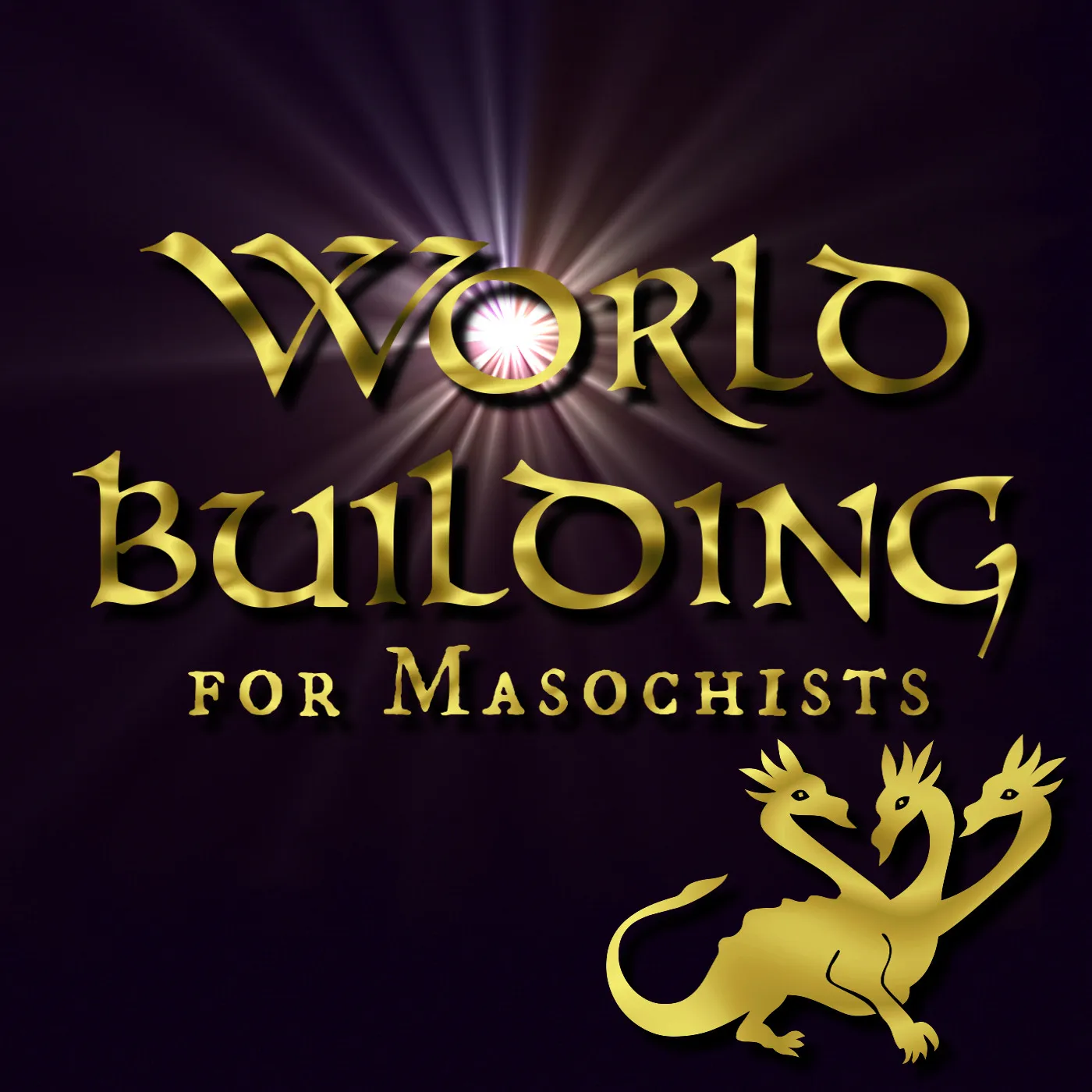
Episode 130: Large-Scale Worldbuilding for Character-Centric Worlds, ft. REBECCA ROANHORSE
Massive worlds require massive worldbuilding -- or do they? Sometimes, a narrower, character-centric scope can create a tight and compelling narrative while still crafting an expansive world. Guest Rebecca Roanhorse joins us to discuss how knowing your characters can help you konw your world.
What does it mean to let character lead worldbuilding? How does that define your scope and how much worldbuilding you show the reader? How does this change wth a single versus a multi- POV story? When you let character lead, how do you avoid a world that feels like it was constructed solely to be an obstacle course for that one character to move through? We discuss technique for all this and more!
Sidebar: It's still Hugo voting season! You've got until Saturday, 20th July 2024, 20:17 GMT to vote -- and you can vote as long as you become a Glasgow 2024 member by then. We are again on the ballot for Best Fancast, and we would love your consideration!
[Transcript TK]
Our Guest: Rebecca Roanhorse is a New York Times bestselling and Nebula, Hugo, and Locus Award-winning speculative fiction writer. She has published multiple award-winning short stories and novels, including two novels in The Sixth World Series, Star Wars: Resistance Reborn, Race to the Sun for the Rick Riordan imprint, and the epic fantasy trilogy Between Earth and Sky. She has also written for Marvel Comics and games (Echo, She-Hulk, Werewolf By Night, MoonKnight, and Chee’ilth) and for television, including FX’s A Murder at the End of the World, and the Marvel series Echo for Disney+. She has had her own work optioned by Amazon Studios, Netflix, and AMC Studios.
Find her Fiction & Non-Fiction HERE.
She lives in Northern New Mexico with her husband, daughter, and pup. She drinks a lot of black coffee. Find more at https://rebeccaroanhorse.com/ and on Instagram at @RebeccaRoanhorse.